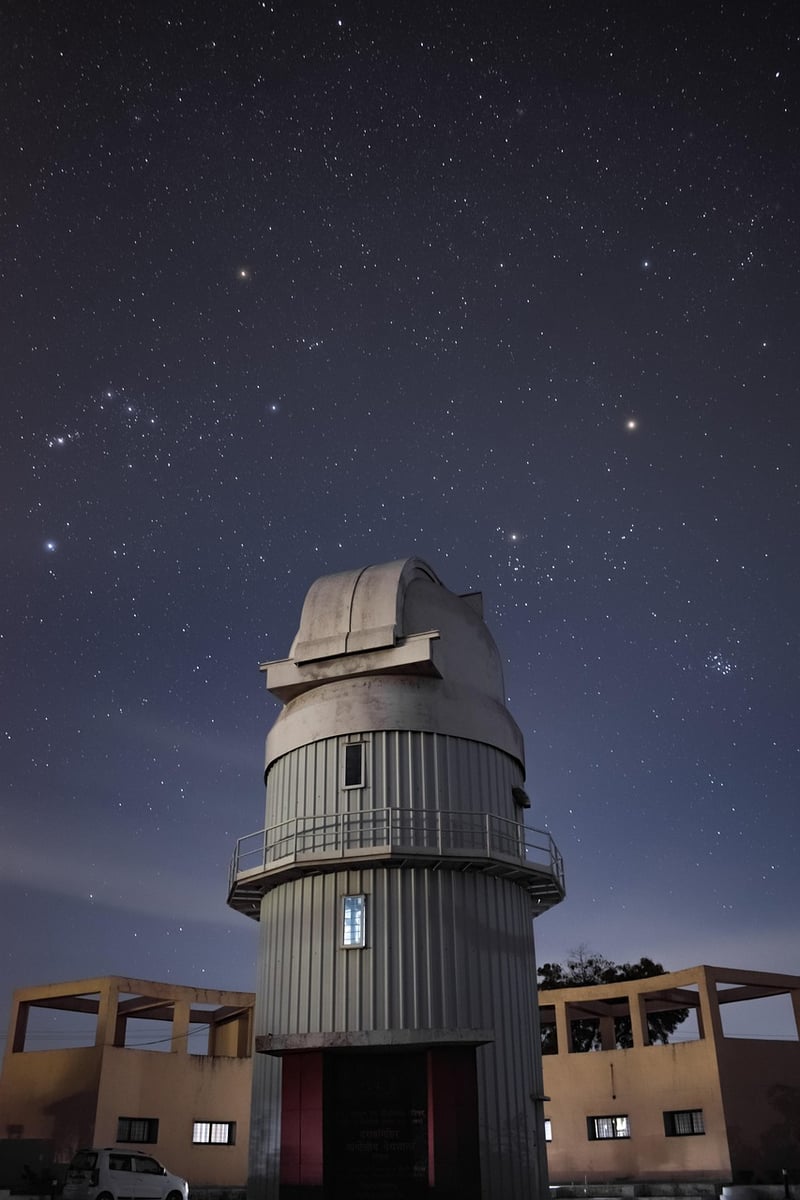Futuristic Explorations
Exploring Different Eras and Futuristic Explorations
Introduction
Human curiosity and innovation have led to remarkable advancements throughout history. From ancient civilizations to modern times, each era has its unique characteristics and achievements. Let's delve into the different eras of exploration and peek into the possibilities of futuristic explorations.
Ancient Civilizations
Ancient civilizations like the Egyptians, Greeks, and Romans were pioneers in exploration. They navigated the seas, built grand structures, and made significant scientific discoveries. Their explorations laid the foundation for future generations to build upon.

Age of Discovery
The Age of Discovery in the 15th to 17th centuries marked a period of extensive exploration and trade. Explorers like Christopher Columbus, Vasco da Gama, and Ferdinand Magellan set sail to discover new lands, paving the way for global connections and cultural exchanges.

Space Age
The Space Age began in the mid-20th century with the launch of Sputnik by the Soviet Union. This era saw humans venturing beyond Earth, landing on the moon, and sending probes to explore distant planets. Space exploration continues to captivate our imagination and drive scientific progress.

Futuristic Explorations
Looking ahead, futuristic explorations hold the promise of new frontiers. Technologies like artificial intelligence, robotics, and virtual reality are revolutionizing how we explore and interact with the world. Concepts like space tourism, colonization of other planets, and deep-sea exploration are no longer just science fiction.

Conclusion
Exploration has been a driving force in shaping our understanding of the world and the universe. From ancient voyages to futuristic missions, each era of exploration builds upon the achievements of the past. As we look towards the future, the possibilities for exploration are endless, limited only by our imagination and ambition.
Keep exploring, keep discovering!
